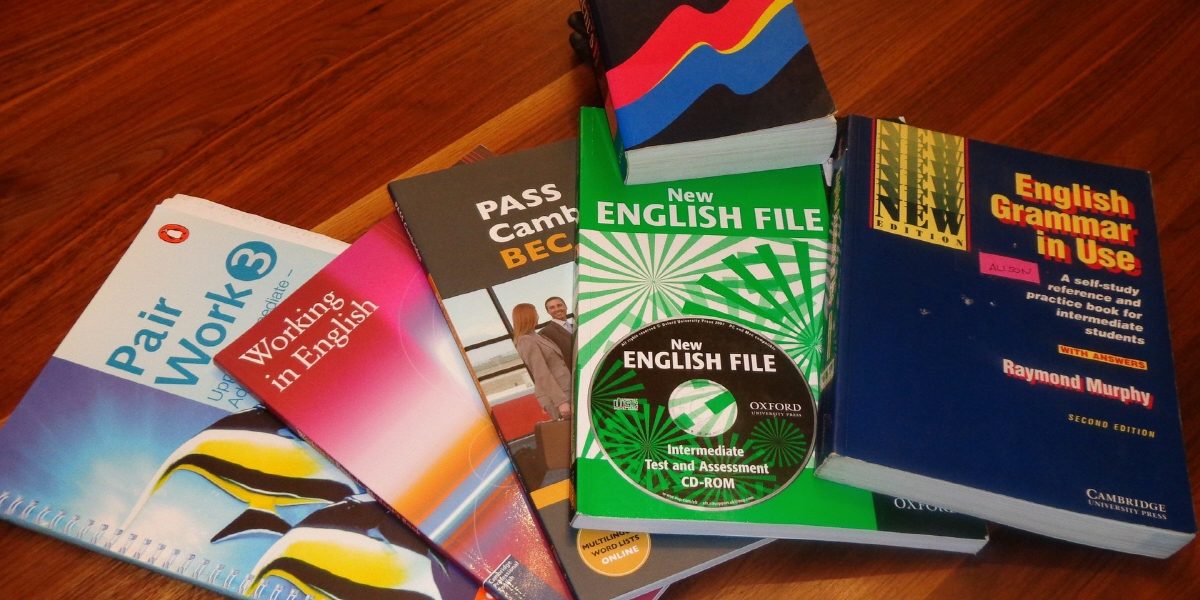To what extent would you go if knowing that having knowledge of a specific language meant the possibility of getting your child into an Ivy League university? Driven by a shared dissatisfaction with South Korea’s rigid educational system, parents in rapidly expanding numbers are seeking to give their children an edge by helping them become fluent in English while sparing them, and themselves, the stress of South Korea’s notorious educational pressure cooker. Today, more than approximately 40,000 South Korean schoolchildren are believed to be living outside South Korea with their mothers in what experts say is the result of a new era of globalized education.
Due to this phenomenon, this is the first time that the famous South Korean parents’ sole focus on education has split wives from husbands and children from fathers. It has also upended traditional migration patterns by which men went overseas temporarily while their wives and children stayed home, straining marriages and the Confucian ideal of the traditional Korean family. The cost of maintaining two households has stretched family budgets since most wives cannot work outside South Korea because of visa restrictions.
In 2006, close to 30,000 children from elementary through high school left South Korea, nearly double the number in 2004 and almost seven times the figure in 2000, according to the Korean Educational Development Institute, a research group that tracks the figures for the Ministry of Education. The figures, the latest available, did not include children accompanying parents who left South Korea to work or emigrate, and who could also be partly motivated by educational goals. South Koreans now make up the largest group of foreign students in the United States (more than 103,000) and the second largest in New Zealand after Chinese students, according to American and New Zealand government statistics. Yet, unlike other foreign students, South Koreans tend to go overseas starting in elementary school in the belief that they will absorb English more easily at that age.
Left behind, wild geese fathers become lonely, isolated and restless. Newspaper reports say that some of them often die of heart attacks from overwork at night in their deserted homes or lonely offices, trying to fulfill their main goal in life of sending as much money as possible to their beloved families abroad. Others suffer from malnutrition due to poor and irregular meals. Like migratory wild geese, they only ever visit their families during the summer holidays. No matter how desperate one may be to get ahead and be better than other people, it is a bit cruel to leave the fathers behind on their own. Families should be together, through thick and thin and do their best in the place that they are in.
Written by: Soo Min Kim
Originally from Honolulu, Hawaii. Current 4th year university student, Candidate for a Bachelor of Arts in Korean Language Flagship and Second Language Studies at the University of Hawai’i at Mānoa, Exchange student at Korea University and Intern at VANK (Voluntary Agency Network of Korea)
